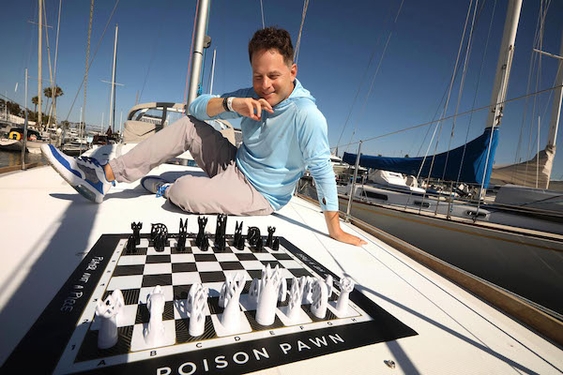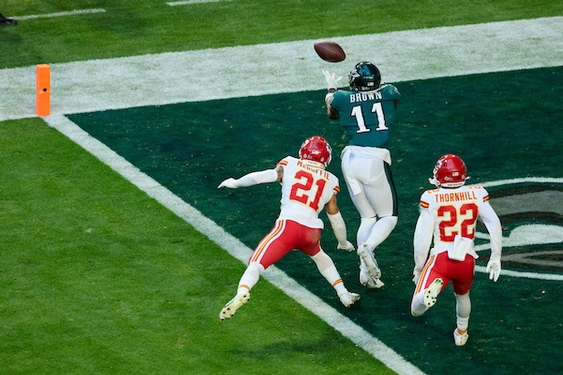Armond Armstead has settled his medical negligence lawsuit against the University of Southern California, his attorney said Wednesday.
Terms of the settlement were not disclosed, according to Armstead’s lawyer, Roger A. Dreyer.
Armstead charged in his 2012 lawsuit that doctors for the USC football team regularly shot him up with the painkiller Toradol so that he could play for the Trojans during the 2010 season with a sprained shoulder.
Now 24, Armstead suffered a heart attack prior to the 2011 season. According to court papers filed in his lawsuit against USC, Armstead sustained a second coronary last year after he had signed a contract with the New England Patriots.
He blamed the Toradol for the heart attacks. The university’s attorneys claimed Armstead had a congenital heart condition.
The one-time highly regarded defensive line prospect was not immediately available for comment Wednesday. Dreyer, citing confidentiality provisions in the settlement, also declined to answer questions.
A trial date of April 6 had been scheduled in Armstead’s case against USC, the Trojans’ team physician, Dr. James Tibone, and the University Park Health Center.
In a press release, Dreyer said Wednesday that his client believes that Toradol, a widely used painkiller in college and professional sports, “should be more fully and independently evaluated to protect the health and safety of student athletes, especially those athletes who compete at the intercollegiate level.”
“He believes that these athletes in particular are too often in a vulnerable position, without the resources or information necessary to make informed decisions regarding the use of Toradol, especially in game day circumstances where the drug might be used to get a player on the field in spite of an injury, when more conservative medical care might be more appropriate for the long term health of the student athlete,” Dreyer’s statement said.
Dreyer said that Armstead also believes “that the use of Toradol has not been adequately researched with respect to possible long-term consequences, especially when administered to student athletes by team doctors repeatedly over the course of a season.”
His client thinks schools “should be required to inform student athletes of the known risks associated with the use of Toradol, including, at a minimum, being provided the warnings and medication guides approved and required for this drug by the FDA.”
Los Angeles attorney Lou Pappas, who is representing USC, released a statement by the university Wednesday saying, “We have seen the statements issued by Mr. Armstead’s attorney that express Mr. Armstead’s personal opinions. While the university will not comment on the case, USC has always placed the health and safety of its student athletes as its top priority.”
———
©2015 The Sacramento Bee (Sacramento, Calif.)
Visit The Sacramento Bee (Sacramento, Calif.) at sacbee.com
Distributed by Tribune Content Agency, LLC












